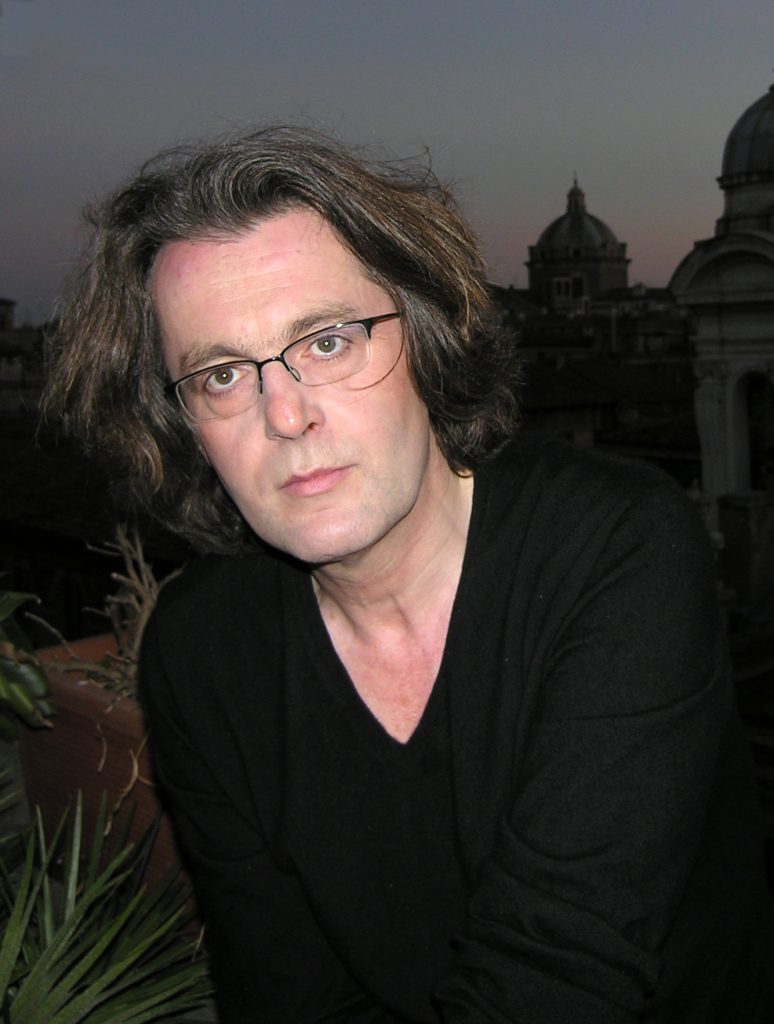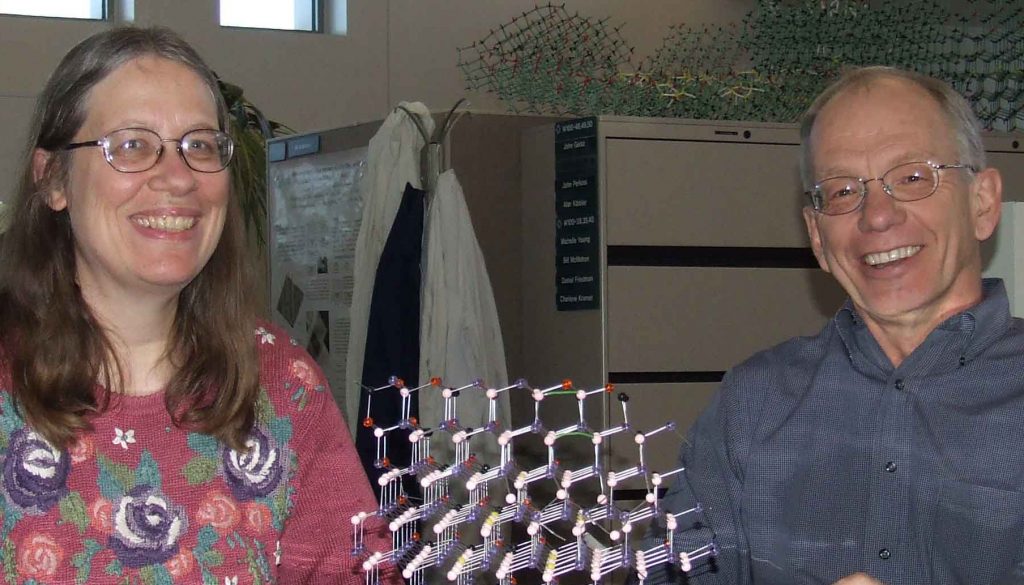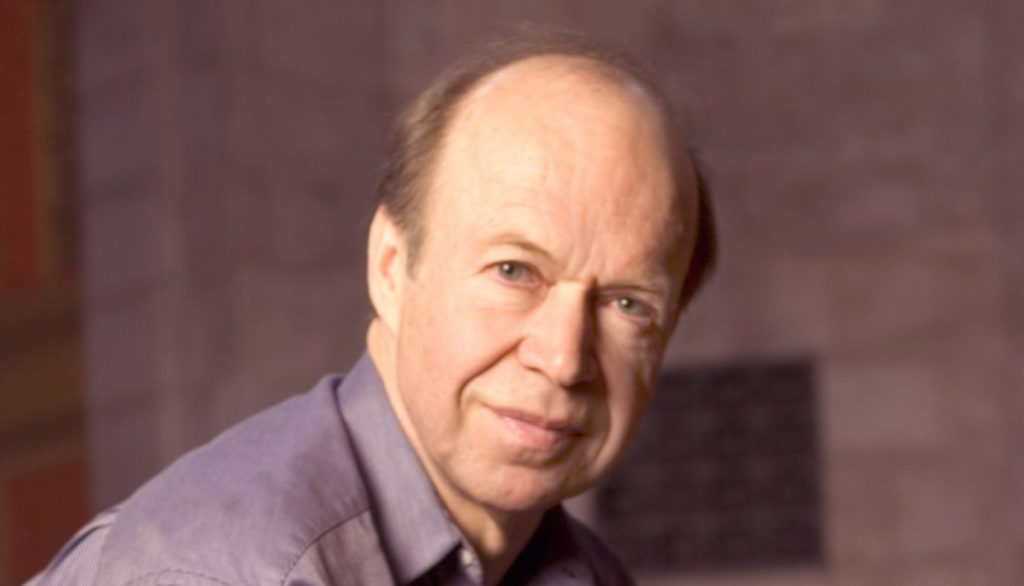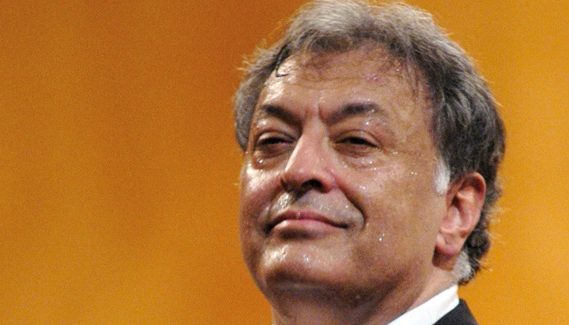Pascal Dusapin

Pascal Dusapin
Present: Contemporary Music
Pascal Dusapin is an outstanding figure in the world of contemporary music, where his work is regularly performed by highly specialized ensembles.
He is a leader in his field, and often works with the most prestigious musical institutions.
He has received commissions from La Scala, Paris Opera, Deutsche Opera Berlin, Berlin Philharmonic, Beethovenfest in Bonn, the Berliner Philharmoniker conducted by Sir Simon Rattle and the Deutsche Staatsoper for his opera Faustus the Last Night.
In May 2016, Alisa Weilerstein and the Chicago Symphony Orchestra premiered Outscape, Dusapin’s second cello concerto, to positive critical reception. His most recent opera, Macbeth Underworld, premièred at La Monnaie in Brussels in September, 2019.
These and many other projects (like To be Sung, a chamber opera conceived in collaboration with visual artist James Turrell and which has toured all over Europe and was presented in New York in 2003) demonstrate that Dusapin’s music appeals to a much broader audience than would normally be expected for contemporary music. This is thanks to the composer’s unique style – simultaneously complex and immediately understandable. Dusapin has an excellent sense of color and texture and manages to create dramatic tension in his shorter chamber works just as well as in his larger scale operas and orchestral works.
But even in his biggest productions he upholds the soloists, and this is due to the friendship and mutual respect he creates with the performers of his music.
Dusapin is considered to be very open minded and his music draws from very different influences within the classical Western tradition as well as outside of it. His music is shaped by his interest in jazz, contemporary art (he’s himself an amateur photographer), architecture and contemporary literature. He provides a bridge between various strands of creativity in modern musical and visual arts and has an ability to learn from and synthesize many different traditions. His strong musical craftsmanship and this cultural diversity certainly explain why his music finds its place within a larger cultural context in various places of the world.
There is also a lot of generosity in his attitude and he is well known for being accessible to young composers. He genuinely wishes to share his experience especially in the field of orchestral writing as shown by his visionary project of establishing an international academy for orchestral composition, enabling young composers from around the world to gain invaluable practical orchestral skills and to hear their orchestral efforts performed and critiqued by experts.
Being a member of the Bayerische Akademie Schönen Künste in Munich and a professor at the prestigious College de France in Paris, Dusapin is a testament to the fact that contemporary music is not meant to remain within closed circles, but can truly link itself to the “wide world” and help us understand it.
The 2007 Dan David Prize honors Pascal Dusapin in the field of Contemporary Music, for his significant contributions in this field.


